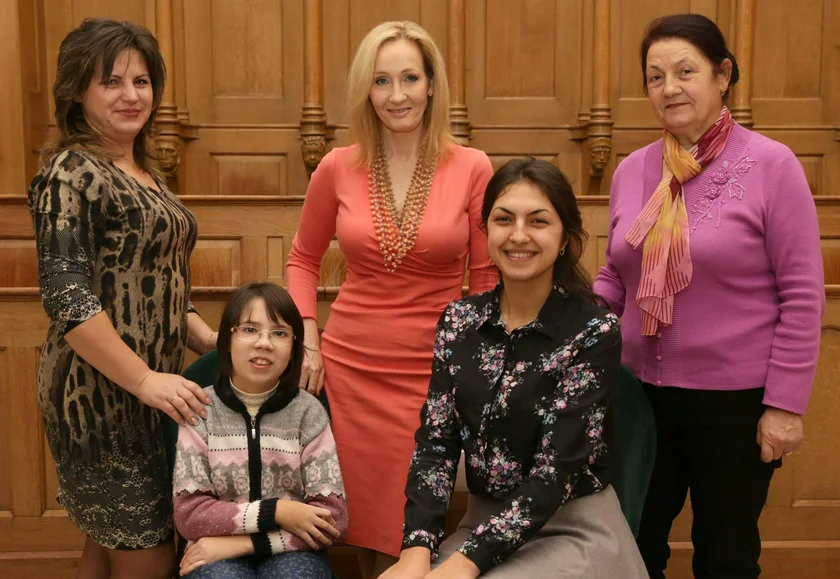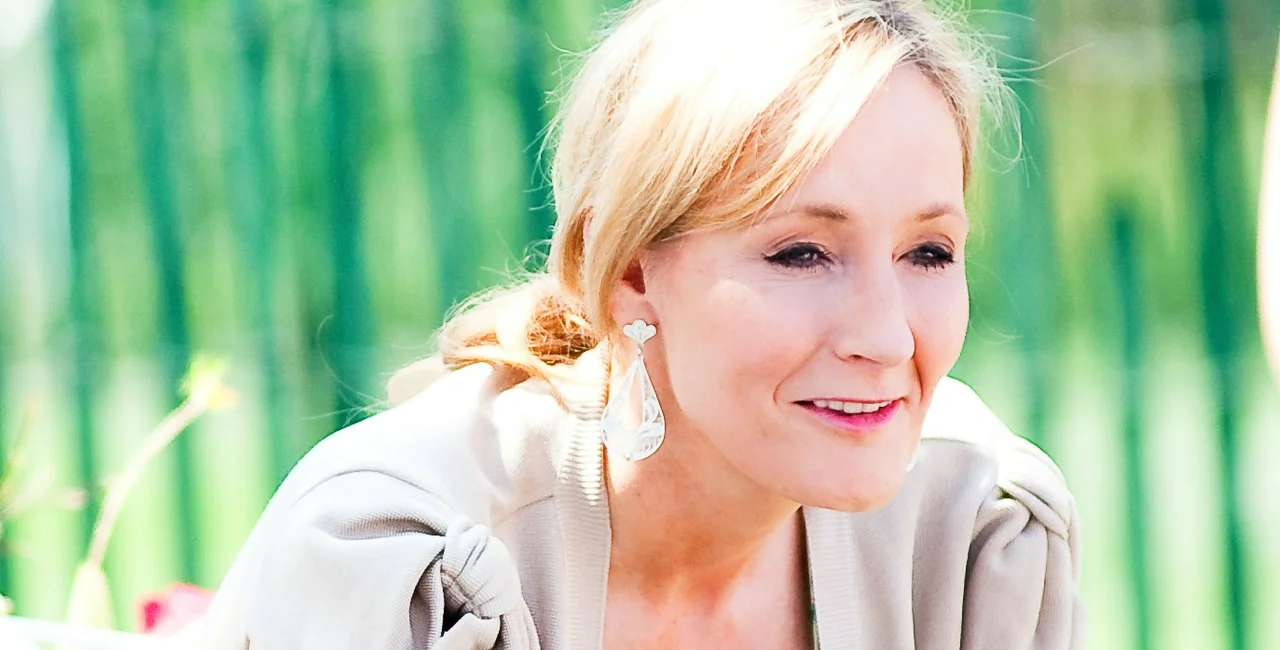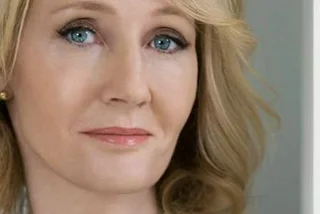J.K. Rowling has gone from one of the world’s most beloved authors, as the creator of the Harry Potter series, to a lightning rod for controversy over transgender rights. Her statements including the assertion that “sex is real and has lived consequences” have led to condemnation from "Harry Potter" movie cast members as well as the global transgender community.
Not everyone has leapt to criticize Rowling, though. Jason Isaacs, who played Lucius Malfoy in the Harry Potter films, recently drew attention to her considerable charitable works, including in the Czech Republic.
“One of the things that people should know about her too, not as a counter-argument, is that she has poured an enormous part of her fortune into making the world a much better place, for hundreds of thousands of vulnerable children through her charity Lumos. And that is unequivocally good,” Issacs said.
Lumos is an international charity headquartered in London with branches in central and eastern European countries including the Czech Republic, Bulgaria and Moldova. It lobbies local governments for reforms to ensure that vulnerable children are not institutionalized, whether through helping them stay with their biological families, or finding foster care.
Expats.cz spoke to Petra Kačírková, Country Director Czech Republic at Lumos, about the charity’s recent activities and whether the ongoing controversy over its founder has had a significant impact on the organization's activities.
Kačírková noted that it was a visit to the Czech Republic that made a particularly strong impact on Rowling during the early days of Lumos in 2008, after she saw images of bad practices in Czech children's institutions.
“She was one of the few international figures to criticize the use of cage beds for children in Czech institutions. She sent a letter to the President asking how such practices could be possible, and triggered changes in the system.”
Speaking about the current controversies, Kačírková confirmed that notwithstanding the global debate, the activities of Lumos in the Czech Republic have been unaffected.
“These are the personal opinions of J.K. Rowling. I can honestly say the controversy has not made any difference to our operations. But it would be a shame if her support for children to have a better life is forgotten.”
Indeed, Lumos has pushed through significant recent reforms to the Czech child welfare system in recent months. At the end of last year, a process was finally approved for the abolition of “baby homes” in the Czech Republic: institutions housing children aged 0-3.
The law, approved by the previous government after lengthy negotiations, finally came into effect this month.
According to Kačírková, Lumos lobbied for the change because of the negative impact of baby homes on the future of children. “This is a critical stage of neurological development. In baby homes, carers can’t react to children’s needs immediately. Lots of these children therefore develop attachment disorders leading to lifelong problems with forming relationships.”
The negative effects of institutionalization are disproportionately felt by children from low-income backgrounds and socially excluded groups, with Roma children particularly impacted by the lack of a solid family foundation.

“Roma children are overrepresented. They make up around 30 per cent of institutionalized children but only 3 per cent of the general population. Social workers need to be better trained to work with families from different groups,” said Kačírková.
Lumos led the drive to abolish baby homes for years. Only last year, according to Kačírková, one institution in the Czech Republic still held as many as a hundred babies. Lumos originally wanted a ban on the institutionalization of children up to the age of seven, but amid opposition from some MPs, a limit of three years of age was agreed instead.
“Opposition came from traditional perceptions of institutional systems as medical facilities. Some MPs were worried that children would end up on the streets if these institutions were closed. But there is now a transition period until 2025, and we are lobbying for more social housing to help biological families stay together with their children.”
The abolition of baby homes now pushed through by Lumos is a major step towards ending the harmful effects of institutionalization. In the Czech Republic, it's clear that notwithstanding controversy over its founder, Lumos continues to light a path towards a better future for children.












 Reading time: 3 minutes
Reading time: 3 minutes 































